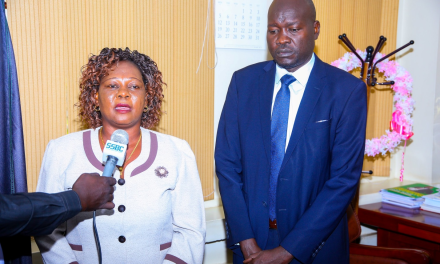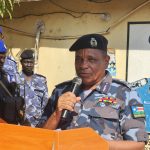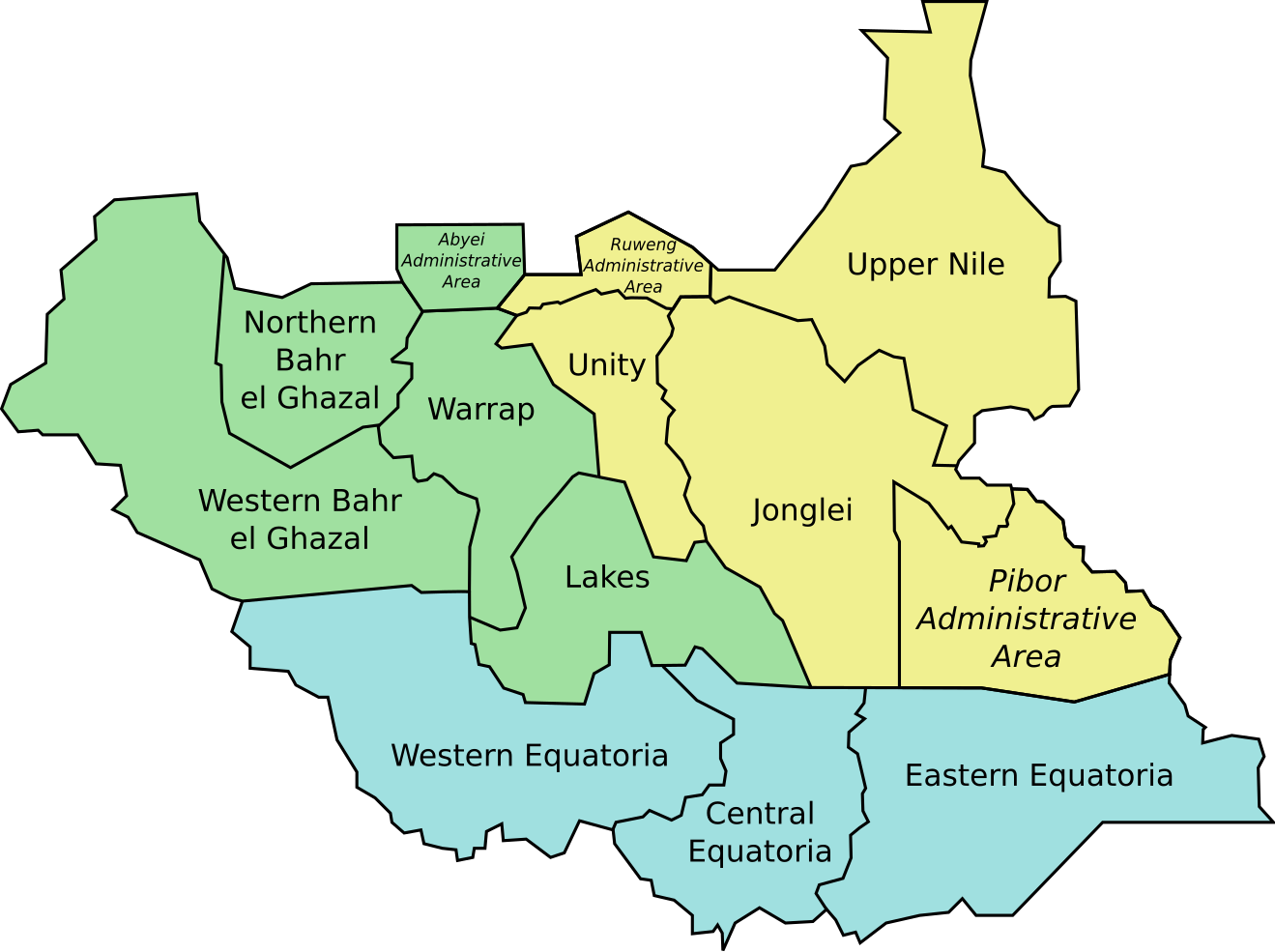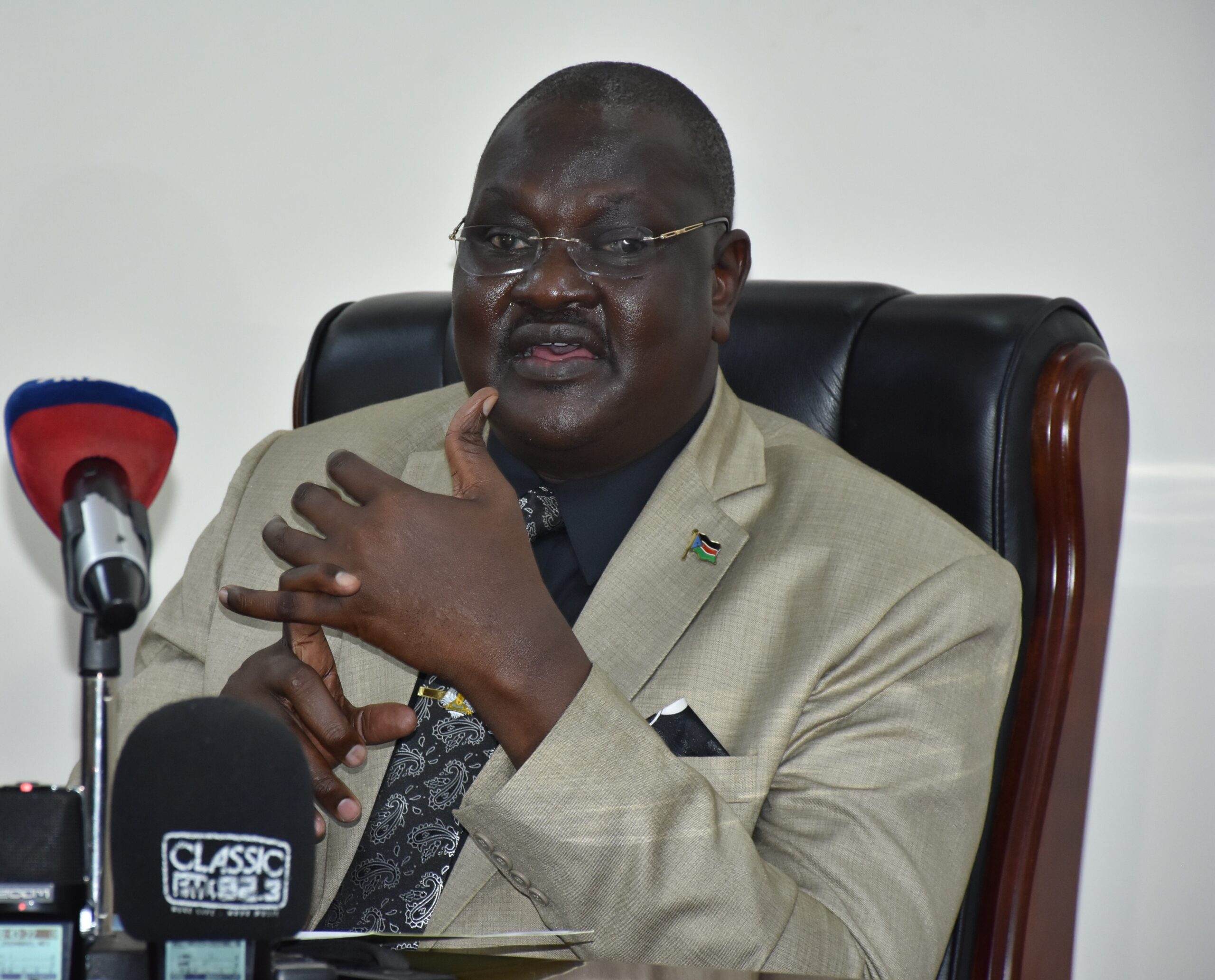
UJOSS in Upper Nile for media sensitization workshop
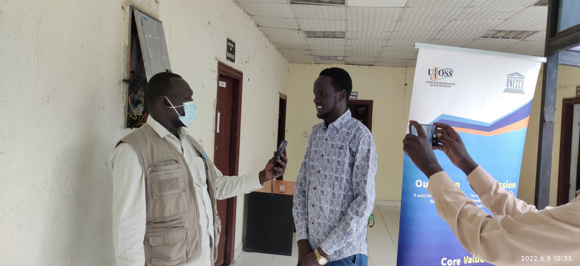
A delegation of the Union of Journalists of South Sudan (UJOSS) led by Secretary-General Majak Daniel is currently in Upper Nile State capital – Malakal for a workshop on the constitutional making process, human rights and gender reporting.
Speaking during the opening session on June 9, 2022, Gabriel James Odwol, the branch’s outgoing secretary-general applauded UJOSS national executive for extending the training to Upper Nile State.
“We are grateful today that all the journalists are present here to attend the training on the constitutional-making process, human rights reporting and other topics. I hope this training will be of great help to all journalists and more especially those who are joining the profession,” he said.
Mr Odwol said many journalists in the state have deserted their careers due to conflict and lack of support from the national executive.
“Journalists in this state are very few but I encourage those who are willing to join to take practice until they become professionals. I also encourage all journalists to be sensitive in their reporting and cautious enough to avoid unnecessary conflict with security forces. We hope this training will be a continuous engagement from the national leadership not just one time off,” he added.
He lamented that due to several challenges, the office of UJOSS in Upper Nile State ceased operation to date.
“Like I told you during my introduction that I was the elected secretary-general for UJOSS in the state our activities came to cease due to conflict which also affected Unity and Jonglei. Jonglei was restored after recovering from war but Upper Nile and Unity continued to be closed,” he explained.
For his part, Majak Daniel, the secretary-general of UJOSS and head of delegation to Malakal said UJOSS will frequently visit Malakal to attract more upcoming generations to join the media industry.
“It will not be our last time to come to Upper Nile; we intend to come here three times before the end of the year. At the end of this workshop, we will have an election for the three positions of state coordinator, secretary-general and treasurer to coordinate with the Juba office,” said Majak.
He appreciated the state leadership for generosity and the ministry of information for effective coordination and mobilization of participants.
“We are so pleased to be in Upper Nile and we thank the ministry of information for their effort in coordinating the workshop successfully, without their support, we would not have made it to Malakal,” he said.
“The training we are doing as you have seen is on the constitutional-making process, how to report about it and what is required of you. Without understanding the legislative process, you will not be able to report and disseminate it to the public,” Majak added.
For his part, the director-general in the state ministry of information Mr Nyok John De-Dudi urged the participants to pay keen attention to the training to help the people in Upper Nile disseminate accurate information.
“If there is anything you don’t understand, don’t keep quiet with it. Ask them how you are going to be protected I know you are not working in the government media. Most of you are working in the private institution.”
“The role of the media is very important and we in Upper Nile do not have a history of bad relations with the media. We have been hearing that some of them [journalists] are arrested. I think people are going to take the training. The training should not only be here but it should also be extended to our counties,” he said.
The minister of Agriculture and forestry who officially opened the workshop on behalf of the state government, Mary William, urged the participants to put into practice what they learnt and respect the laws of the land.”
“Am sure this training is not given for the sake of giving it, it’s given to you to put it into practice by following the rules. Always give the right information because you are peacemakers, your voice is to keep different counties and states in peace. Don’t be a war maker; we pray that all of you do the right thing,” Mary added.
“We want you to inform the nation with the right information, maybe the reason for some journalists being arrested is because you are giving information which is not correct. And if you are correct, even if you are arrested, you have rights because the information you have given out is needed,” she added.
The training brought together 25 journalists from both freelance and reporters working for the government and private media in the state.


